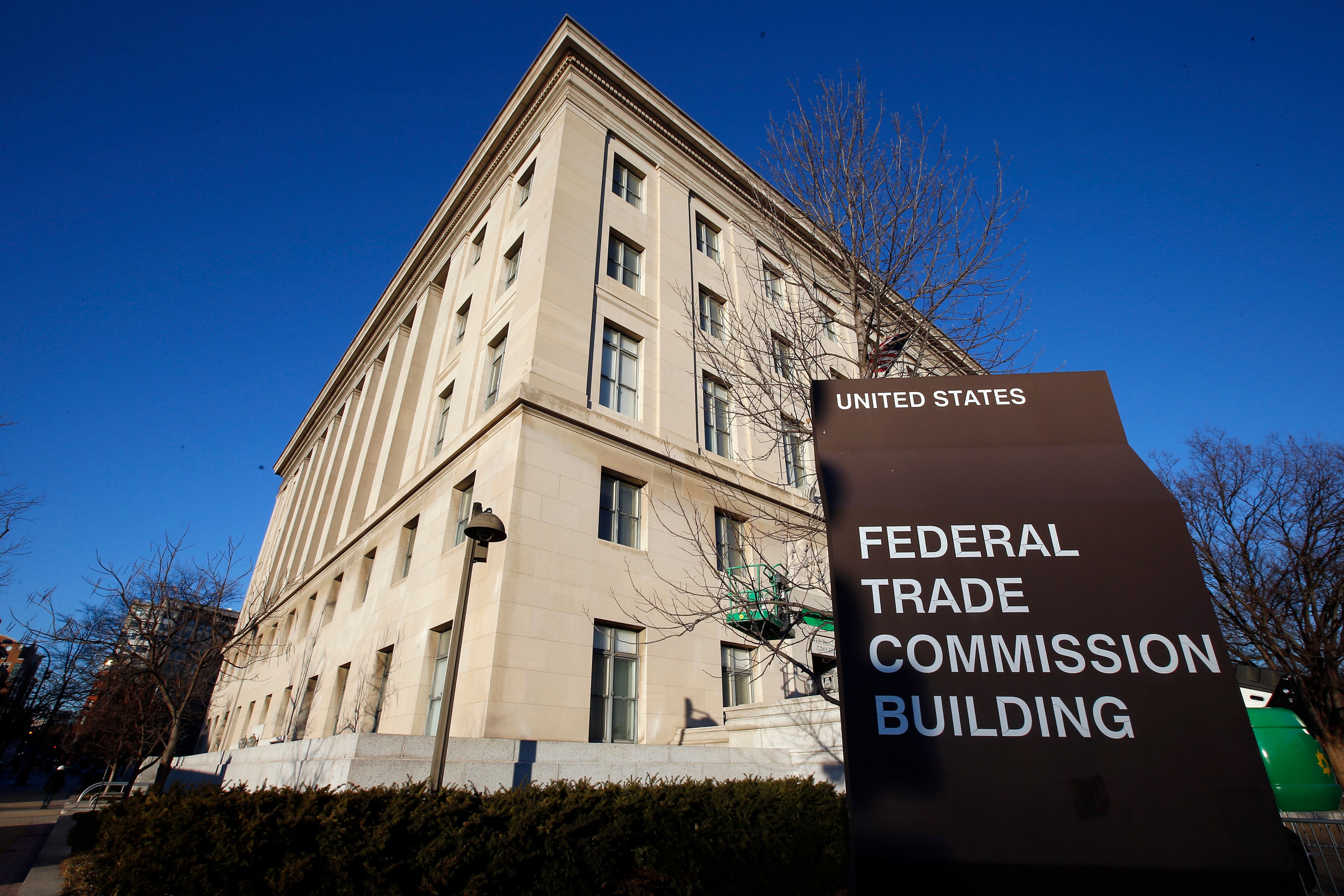New federal rule would bar companies from forcing 'noncompete' agreements on employees
U.S. companies would no longer be able to bar employees from taking jobs with competitors under a rule approved by a federal agency, though the rule is sure to be challenged in court

Your support helps us to tell the story
From reproductive rights to climate change to Big Tech, The Independent is on the ground when the story is developing. Whether it's investigating the financials of Elon Musk's pro-Trump PAC or producing our latest documentary, 'The A Word', which shines a light on the American women fighting for reproductive rights, we know how important it is to parse out the facts from the messaging.
At such a critical moment in US history, we need reporters on the ground. Your donation allows us to keep sending journalists to speak to both sides of the story.
The Independent is trusted by Americans across the entire political spectrum. And unlike many other quality news outlets, we choose not to lock Americans out of our reporting and analysis with paywalls. We believe quality journalism should be available to everyone, paid for by those who can afford it.
Your support makes all the difference.U.S. companies would no longer be able to bar employees from taking jobs with competitors under a rule approved by a federal agency Tuesday, though the rule is sure to be challenged in court.
The Federal Trade Commission voted Tuesday to ban measures known as noncompete agreements, which bar workers from jumping to or starting competing companies for a prescribed period of time. According to the FTC, 30 million people — roughly one in five workers — are now subject to such restrictions.
The Biden administration has taken aim at noncompete measures, which are commonly associated with high-level executives at technology and financial companies but in recent years have also ensnared lower-paid workers, such as security guards and sandwich-shop employees. A 2021 study by the Federal Reserve Bank of Minneapolis found that more than one in 10 workers who earn $20 or less an hour are covered by noncompete agreements.
When it proposed the ban in January 2023, FTC officials asserted that noncompete agreements harm workers by reducing their ability to switch jobs for higher pay, a step that typically provides most workers with their biggest pay increases. By reducing overall churn in the job market, the agency argued, the measures also disadvantage workers who aren't covered by them because fewer jobs become available as fewer people leave jobs. They can also hurt the economy overall by limiting the ability of other businesses to hire needed employees, the FTC said.
Business groups have criticized the measure as casting too wide a net by blocking nearly all noncompetes. They also argue that the FTC lacks the authority to take such a step. The U.S. Chamber of Commerce has said it will sue to block the measure, a process that could prevent the rule from taking effect for months or years. And if former President Donald Trump wins the 2024 presidential election, his administration could withdraw the rule.